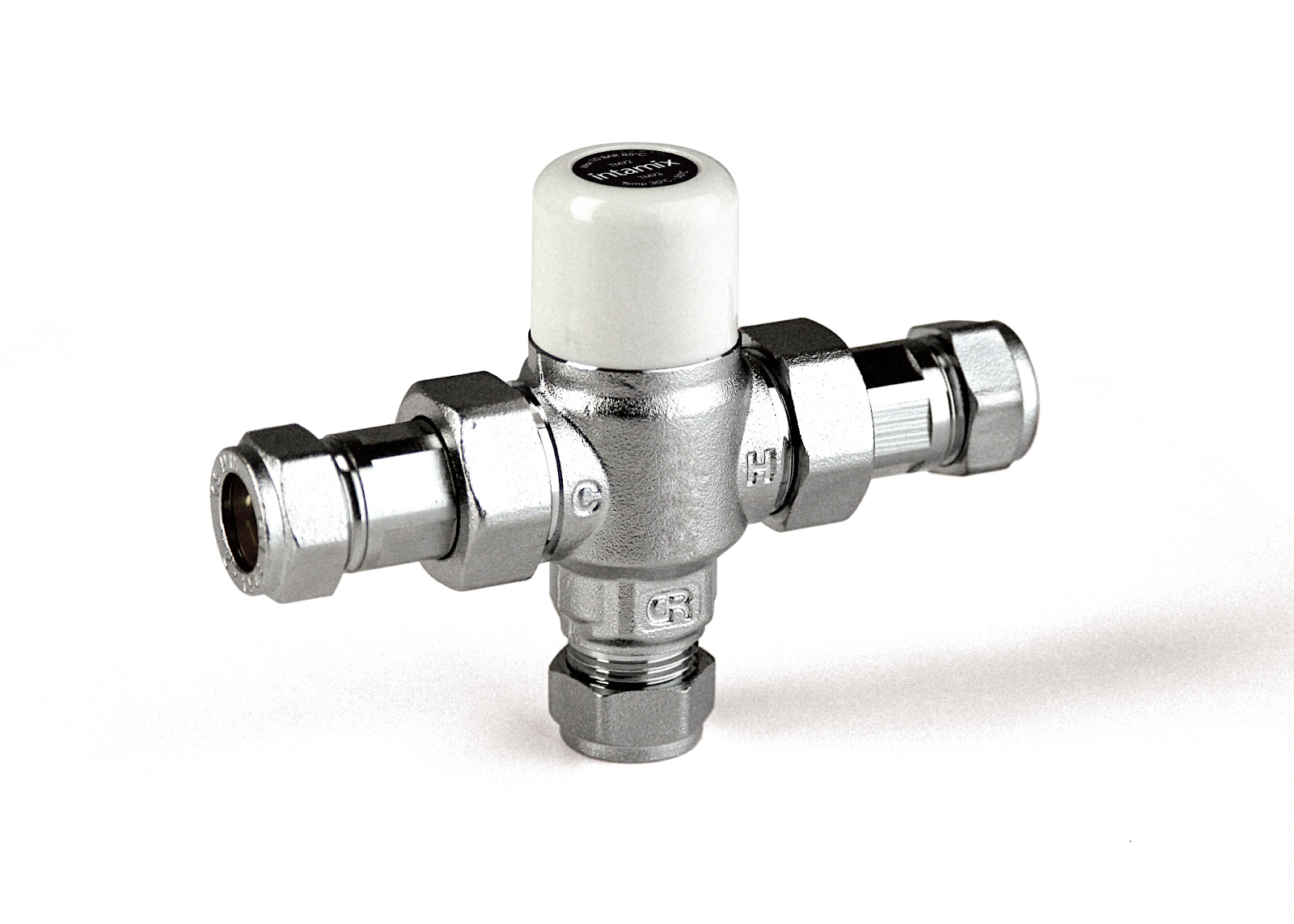As the CEO of Inta, I’ve always been deeply committed to anti-scald measures. Reading the recent CIPHE article on scalding and burns, which documents a 4% increase in the number of burn-related incidents since 2013, I couldn’t help but feel profound disappointment. These aren’t just numbers – they’re a stark reminder of the impact on individuals’ lives and our already strained healthcare systems.
Over the past five years, my frustration has only grown as the issue continues to escalate. The number of hospital admissions for scalds and burns has risen in the past decade, with a 22% increase in hospital bed days over the last year alone. We know that storing water above 60 degrees Celsius is necessary to kill Legionella bacteria. So, why aren’t we enforcing anti-scald legislation and products more rigorously?
I’m thankful to the CIPHE for shedding light on this issue again – it’s something that we’ve spent a very long time doing. The data only reinforces my long-held belief that we must take collective responsibility. At Inta, we were leading advocates for changes in building regulations around thermostatic mixing valves (TMVs). Maybe it was naive of me to think that new legislation meant that it was ‘job done’. Those familiar with the plumbing trade over the last two decades will recognise our efforts and we thought probably were bored with hearing it, but it looks like there’s a new generation who need to know all about anti-scald measures afresh.
The Inta anti-scald journey has been long and relentless. With over 20 years of campaigning, we’ve strived to shape Inta’s commitment and contribute to legal reforms emphasising anti-scald protection. Each time there’s a bathtime scalding tragedy, I’m at a loss as to how it’s happened.
The tragic incident in 2018, where a 79-year-old man died in a scalding bath at his Romford home, was a pivotal moment. I remember urgently calling on installers to prioritise safety in their product choices and fittings. I said then, and I repeat now, “Yet again we are talking about another avoidable death caused by scalding in a bathroom that could have – and should have – been equipped better and safer.”
Since 2004, Inta has distributed over one million free booklets at plumbing trade counters to educate stakeholders about anti-scald measures. That’s enough for three booklets for every plumber in the United Kingdom. So, in my view, there’s no excuse for anyone in the trade to be unaware of the best practices in anti-scald measures.

In the realm of plumbing and heating, prevention is not just better than cure; it’s essential. Our proactive measures at Intatec, like engineering the trade’s favourite TMV and introducing safe touch shower valve bodies, have set an industry standard. These innovations ensure that surfaces remain safe to touch, even with high-temperature water flowing. I see this as a fundamental part of our responsibility in reducing risks.
However, more needs to be done. The challenging part is understanding what ‘more’ entails. Every plumber knows about anti-scald measures and the safety that TMVs bring to an installation. So, I urge everyone working with hot water systems to install TMVs, regardless of whether specific legislation applies. It’s about safety, not just compliance.
For those seeking technical information about thermostatic control, our team at Inta is always ready to help with any installation or specification queries. There’s truly no excuse for not making British water systems safer.
The bottom line is clear: reducing the temperature means lowering the numbers of scalding incidents. For each of the 600+ people scalded every year in the UK, it’s not just an injury – it’s a life-changing event. I am committed to doing everything in my power to change this harsh reality.
Click here for the CIPHE Press release - dated 07/11/2023.

